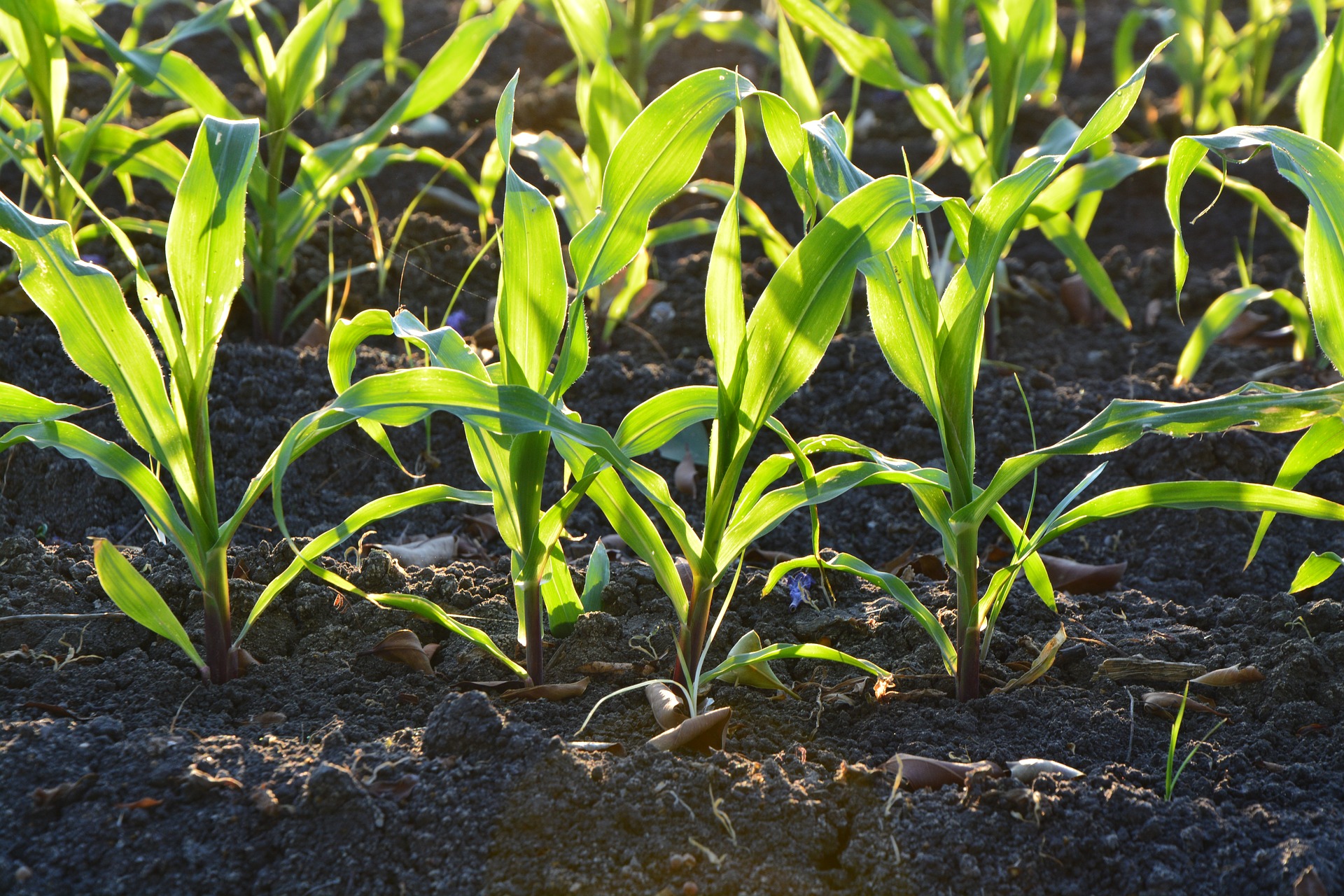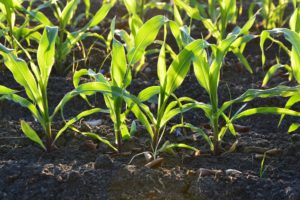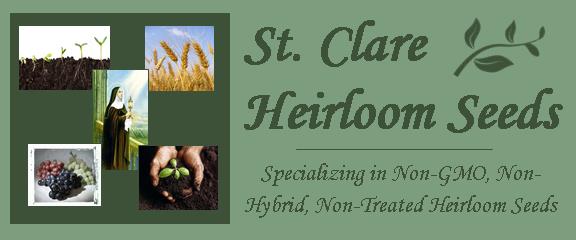
 “Start at the very beginning, a very good place to start”
“Start at the very beginning, a very good place to start”
Few of us start with good soil, but we can all build it. Turning poor soil into plant-friendly soil is not difficult to do, once you understand the components of healthy soil. Using gardening methods which improve rather than hurt the soil play a huge part in successful gardening.
A few basics for good soil
A few basics include. Tilling less frequently, or some prefer not at all. Protect the good insects in your soil. Insects helps aerate the soil, tilling too much kills them off. Add organic matter.
Organic matter added to garden soil improves the soil structure and feeds the microorganisms and insects.
Organic matter improves any type of soil. Compost, leaf mold, manure (use somewhat sparingly) and green manures are all decaying organic matter. They loosen and enrich soil and provide food for the soil dwelling insects. For the best soil, sources of organic matter should be as diverse as possible. Using green mulches like grass clippings, add nutrients, and later when tilled in at the end of the season, add organic matter to the soil as well.
Organic matter also contains acids that can make plant roots more permeable, improving their uptake of water and nutrients, and can dissolve minerals within the soil, leaving them available for plant roots.
Organic matter is absolutely essential for good soil
Although it only makes up a small fraction of the soil (normally 5 to 10 percent), organic matter is absolutely essential. It binds together soil particles into porous crumbs or granules which allow air and water to move through the soil. Organic matter also retains moisture (humus holds up to 90 percent of its weight in water), and is able to absorb and store nutrients. Most importantly, organic matter is food for microorganisms and other forms of soil life.

